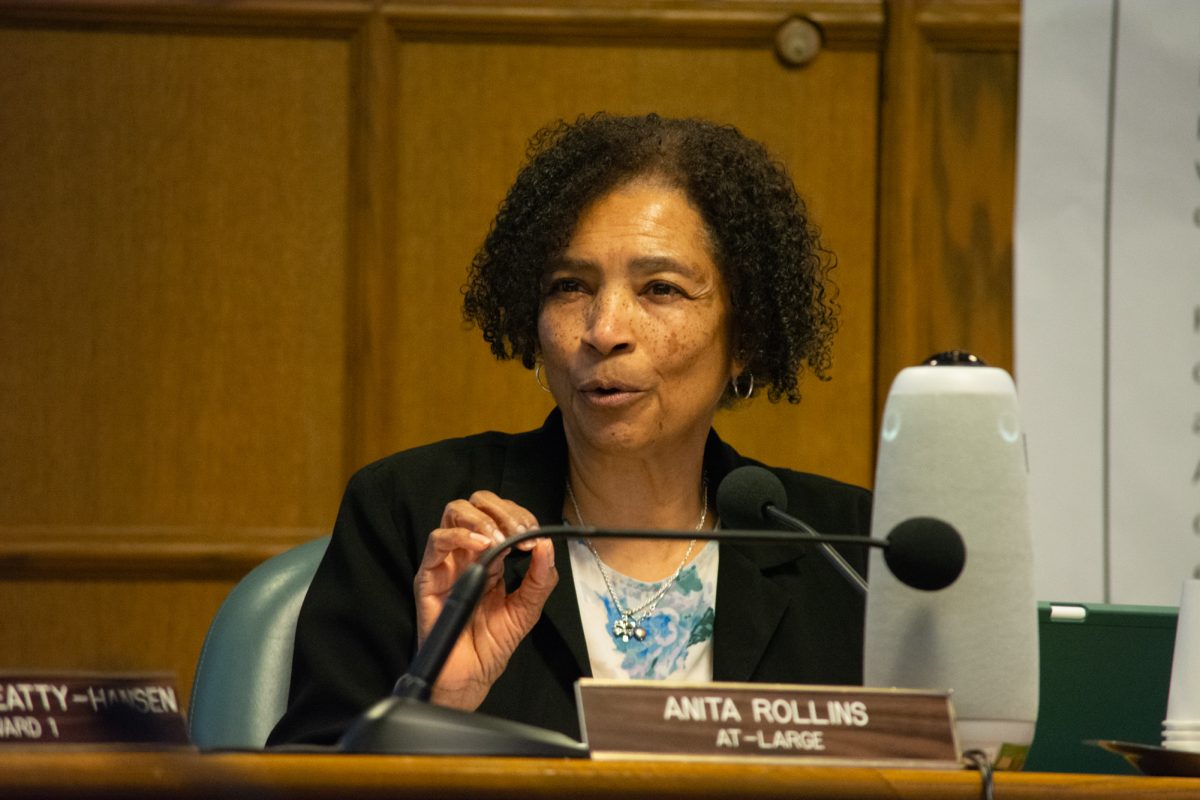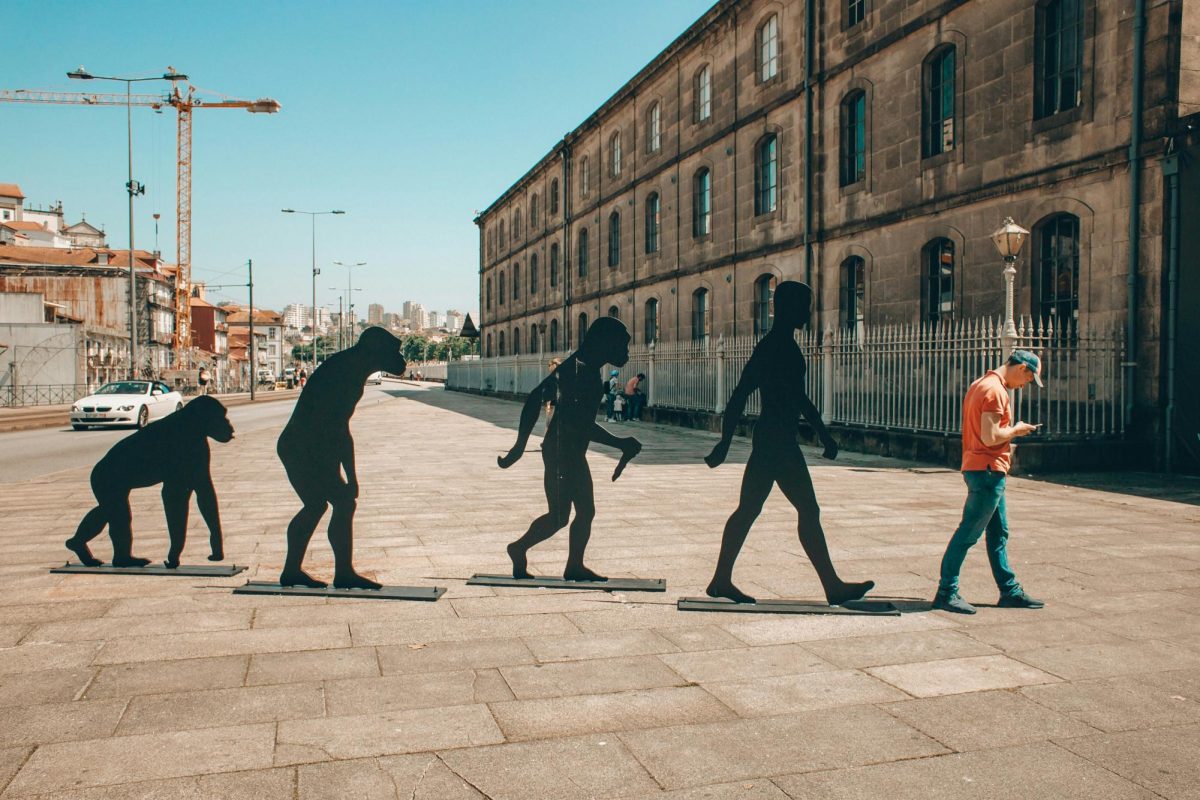Arment: Bill of Rights applies differently to modern-day citizens
June 30, 2010
The Bill of Rights is no longer optional, and it’s safe to say that no challenging of the legitimacy of the Bill of Rights will happen again for a long while.
The Supreme Court’s language in a recent rebuke of the Chicago handgun ban makes it pretty clear the rights of American citizens are not up for negotiation. When reading the 214-page document, I am reminded there are people in this country that have an amazingly clear knowledge of the history of our law; men and women of much greater mental mettle than I.
The ruling is a small book with a cover page that modestly announces “McDONALD v. CITY OF CHICAGO, ILLINOIS” and rolls straight into reading so thick William Faulkner could get lost in it. I’m still trying to see the forest for all the trees, but from what I can wrap my head around, the entire discussion already happened a long time ago.
In 1857, the Supreme Court overruled the Dred Scott v. Sandford decision ruling that blacks could not be citizens. The court based much of its argument around the 14th Amendment, which can be applied in a similar way to the right to bear arms. Section one of the 14th Amendment assures, “No State shall make or enforce any law which shall abridge the privileges or immunities of citizens of the United States;” and it takes no stretch of the imagination to assume the 2nd Amendment is one of those privileges.
The arguments against overruling the Chicago handgun ban were included in the ruling via the opinions of the four judges that voted against. The ambiguousness of history was called into play, and the context in which the 14th Amendment came into existence thoroughly discussed.
The bottom line is that the metaphorical dots pro-gun people said were there do, in fact, exist. They point to the idea that keeping and bearing arms is not only a strong tradition in this country, but something that was intended to be inseparable from citizenship.
This ruling dissolves the idea the 2nd amendment was installed in a time when you needed a weapon to hunt and defend, and it would not be included in a modern day writing of the constitution by the founders. Five judges didn’t back that thinking, and their opinions are not only a lesson in the history of our country, but a clear window into the minds of individuals that grasp very clearly the direction of this nation’s bearings.
The Supreme Courts ruling is one based off of historical accuracy. It breaks free from current knee-jerk politics and stays in line with our nation’s tradition of individual autonomy.
It’s important that citizens listen to the national discussion, which defines how the Bill of Rights applies to the modern-day American. What the Constitution means to this nation is constantly being reevaluated, and being ignorant of what is going on in our judicial system not only neglects your duty as a citizen to be a part of these evaluations, but makes you miss out on history being made.
The importance of history was brought to the forefront in the McDonald v. City of Chicago ruling. As George Orwell reflected years ago, “Who controls the past controls the future. Who controls the present controls the past.”






